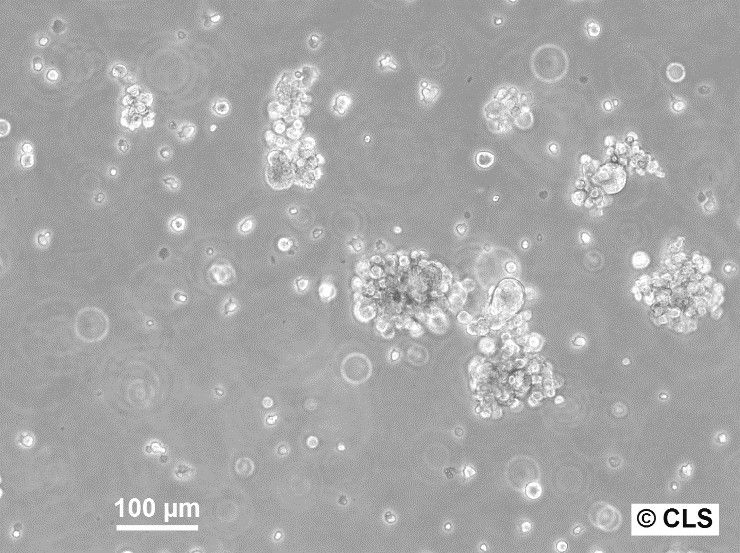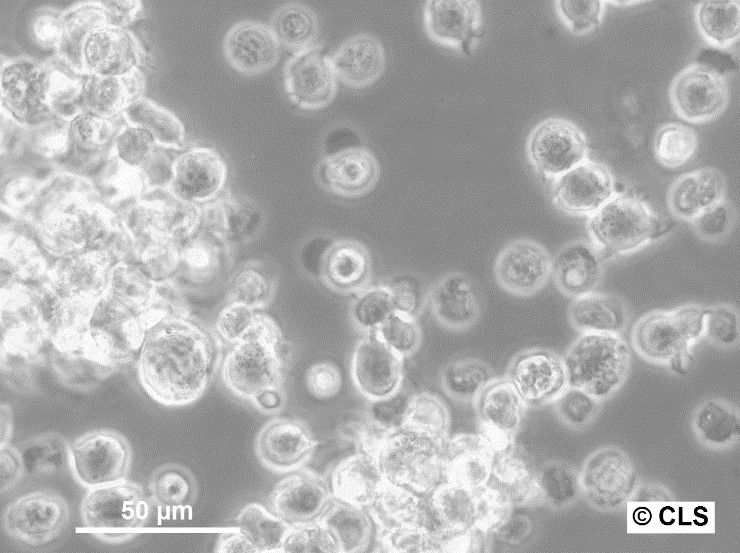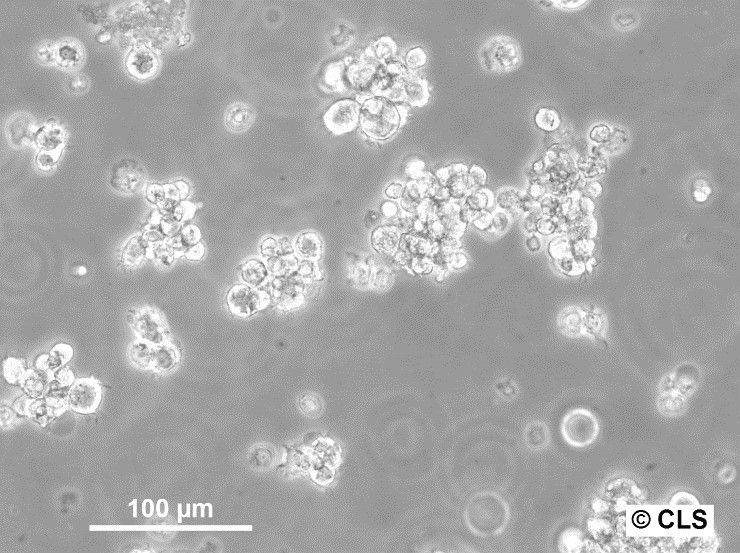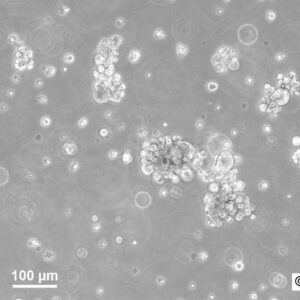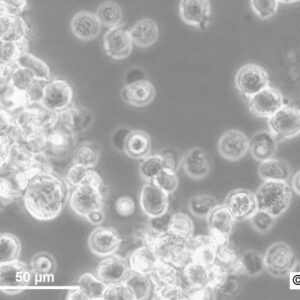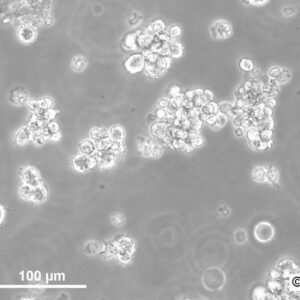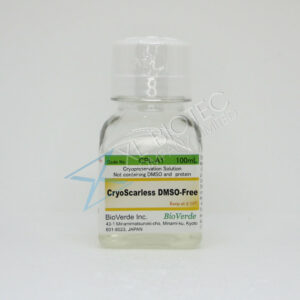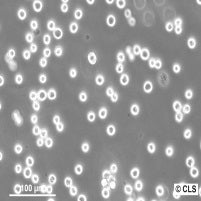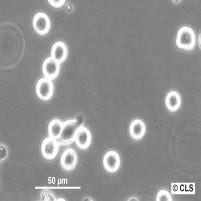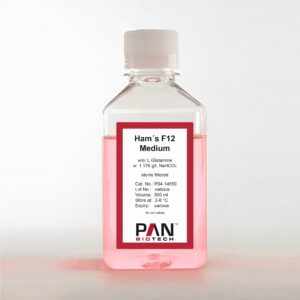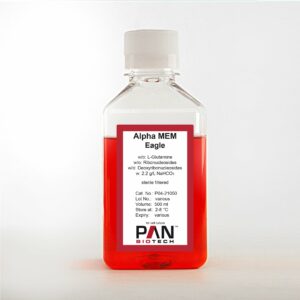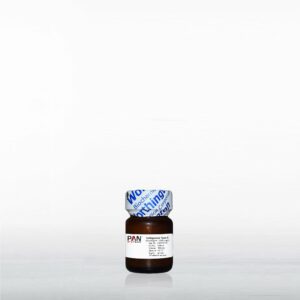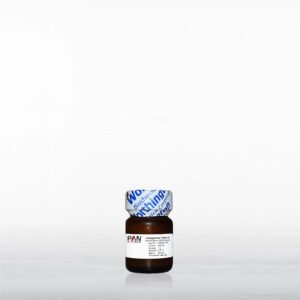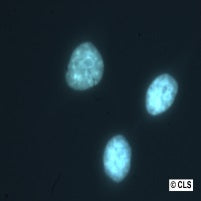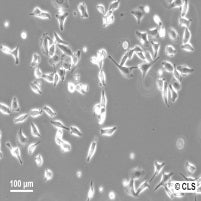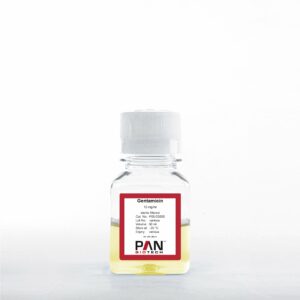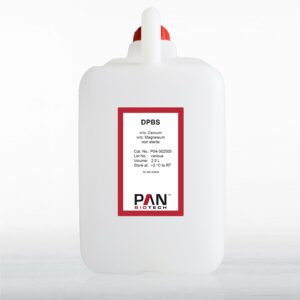
Supplier: CLS cell lines service, Germany
Cat no.: 300403
Amount: 1 cryovial
Organism: Human
Tissue: Blood
Disease: Burkitt lymphoma
Age: 9 years
Gender: Female
Ethnicity: African
Morphology: Polymorph cells, big nuclei; formation of microvilli
Cell type: B lymphocyte
Growth Properties: Suspension
Storage: Below -150°C after arrival.
In-depth Overview of the EB1 Cell Line:
The EB1 cell line, a significant milestone in cellular research, was meticulously isolated in 1963 by pioneers M.A. Epstein and Y.M. Barr. Derived from biopsy fragments and cell clusters of a distinct lymphoma, its introduction was a groundbreaking moment in the realm of cellular biology. These lymphoma fragments were strategically cultivated in Insulin bottles, utilizing the optimal environment provided by Eagle’s basal medium, enriched with a 10% human serum concentration. This nurturing environment encouraged the EB1 cells to thrive as free-floating individual entities or in pairs.
One of the defining characteristics of the EB1 cell line is its impressive growth dynamics. With a consistent mean doubling time close to 48 hours, these cells are not only fast-growing but also maintain an impeccable level of consistency in their replication. Furthermore, upon close examination and based on their growth patterns and standardized morphology, the cells have been classified as altered lymphoblasts. This makes them an invaluable asset for numerous research applications, given their unique characteristics and origin.
Harness the potential of the EB1 cell line for your research needs, a legacy of cellular research from the esteemed work of Epstein and Barr. Dive deep into its rich history, growth attributes, and consistent morphology, making it a preferred choice for researchers globally.
Product information: Buy EB1 | Cell Lines | CLS.shop
| Vendor | CLS – บริการสายเซลล์ ประเทศเยอรมนี |
|---|
Related products
การเพาะเลี้ยงเนื้อเยื่อ
การเพาะเลี้ยงเนื้อเยื่อ
การเพาะเลี้ยงเนื้อเยื่อ
การเพาะเลี้ยงเนื้อเยื่อ
Alpha MEM Eagle, w/o: L-Glutamine, w/o: Ribonucleosides, w/o: Deoxyribonucleosides, w: 2.2g/L NaHCO3
การเพาะเลี้ยงเนื้อเยื่อ
การเพาะเลี้ยงเนื้อเยื่อ
การเพาะเลี้ยงเนื้อเยื่อ
การเพาะเลี้ยงเนื้อเยื่อ


